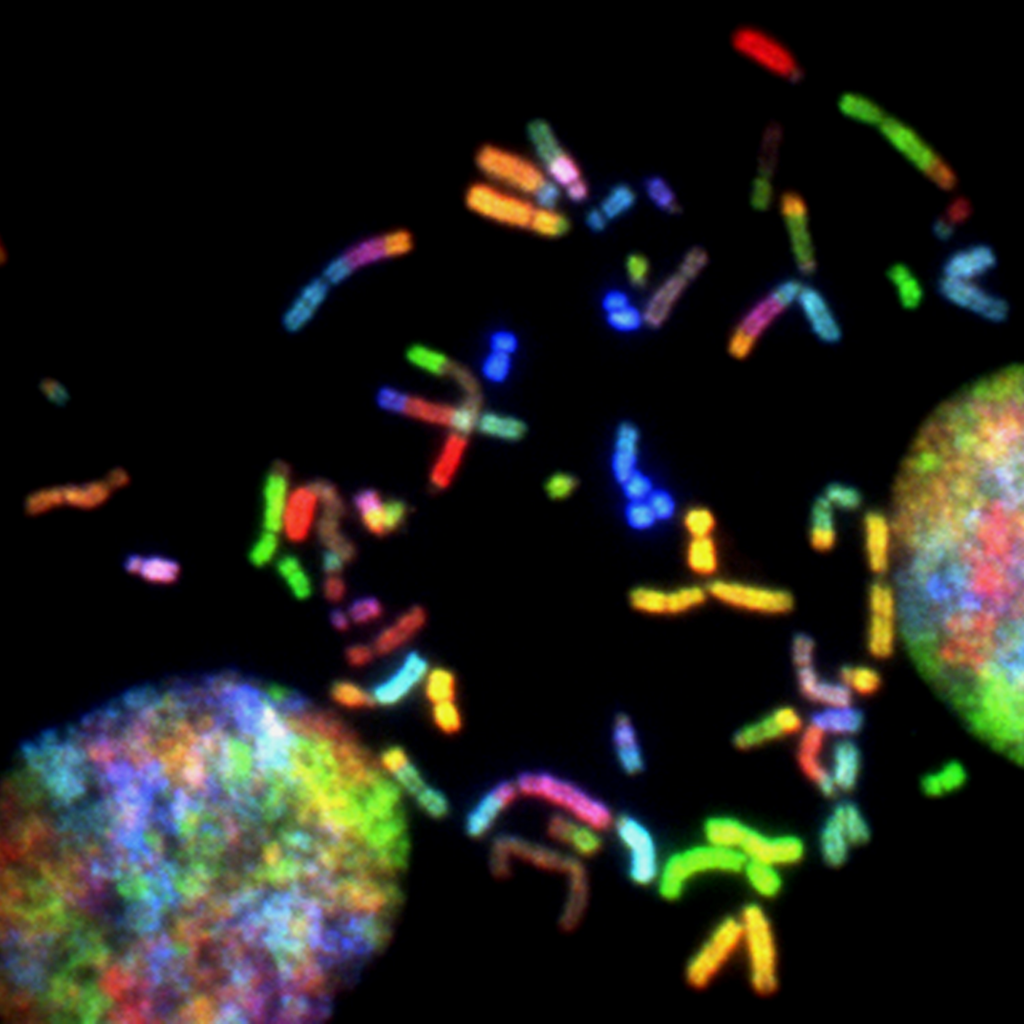By: Maya Williams
Biotechnology is changing the landscape of global health, offering groundbreaking solutions for disease prevention, diagnosis, and treatment. From personalized medicine to advanced diagnostic tools, biotechnology empowers us to tackle health challenges like never before.
Bioengineering professional Shawn Dahl examines how these advancements are contributing to improved health outcomes and discusses the potential impact of biotechnology on the future of healthcare. Through his perspective, he highlights the growing role of biotechnology in modern healthcare and its potential to bring positive changes on a global scale.
Genomic Editing Technologies in Healthcare
Consider the potential of genomic editing technologies, which offer the possibility to correct genetic variations in a way that could be likened to fixing an error in text. These advancements are becoming an important area of focus in modern healthcare. By targeting specific genes, we might soon be able to treat, or even eradicate, genetic diseases that have plagued humans for centuries. Among these ground-breaking technologies, CRISPR-Cas9 stands at the forefront, offering new hope and opportunities.
CRISPR-Cas9 has burst onto the scientific scene as a key player in genomic editing. Picture CRISPR-Cas9 as a pair of molecular scissors that can snip DNA at precise locations. With this tool, scientists can alter specific genes responsible for particular conditions.
Sickle cell anemia, an inherited blood disorder, causes red blood cells to deform, leading to various health issues. Researchers are exploring the use of CRISPR-Cas9 technology to address gene-related conditions by making changes to the specific gene associated with these disorders. In conditions like cystic fibrosis, which affects the lungs, CRISPR is being studied for its potential to adjust the gene mutations linked to the disease.Clinical trials are already underway, potentially paving the road to a future where genetic diseases can be cured at their roots.
Notes Shawn Dahl. “This technology could transform how we approach a range of illnesses, from cancer to muscular dystrophy.”
With great power comes great responsibility, and CRISPR-Cas9 is no exception. The ability to edit human genomes raises significant ethical considerations. Beyond the ethical debate, there’s the regulatory landscape to navigate. Ensuring that genomic editing is safe and effective requires robust oversight. Different countries have varied regulations—some are more permissive, while others adopt stringent controls.
While genome editing with tools like CRISPR-Cas9 holds vast potential, and society must tread carefully. The journey of integrating these technologies into healthcare systems will need thoughtful consideration of both ethical boundaries and regulatory frameworks. As we advance, these discussions will ensure that we can embrace the benefits of genomic editing while maintaining respect for human life and dignity.
Advancements in Personalized Medicine
Personalized medicine is revolutionizing healthcare. It focuses on individual characteristics, such as genetics, to guide decisions made in health care. Pharmacogenomics is like having a personalized map for your medications. This field studies how a person’s genetics can affect their response to drugs.
When you take medicine, it’s usually a one-size-fits-all approach. This means doctors prescribe the same medication in the same dosage for everyone. But we all know we’re not the same. Some people may experience side effects, while others might find the medication ineffective.
Here, pharmacogenomics steps in. By analyzing your genetic makeup, doctors can predict which medications you’ll respond to best. Medications become more effective because they are suited to your genetic profile. Knowing genetic markers that cause adverse drug reactions helps in avoiding those meds, leading to fewer side effects.
Tailored dosages ensure you’re getting the right amount. Pharmacogenomics turns what was once a broad brushstroke into a careful masterpiece, ensuring medications do exactly what they’re meant to do with minimal complications.
In the study of diseases such as cancer, biomarkers play a key role in understanding and tracking disease progression. These biological indicators can help detect the presence of a disease or provide insights into how it might develop. Similar to clues in a detective’s investigation, biomarkers offer valuable information for researchers and healthcare providers in managing and treating conditions.
By employing biomarkers, doctors can pinpoint who will benefit from a specific treatment, making the approach both efficient and effective. This not only enhances survival rates but also boosts the quality of life by reducing unnecessary treatments.
Innovations in Vaccine Development
In recent years, biotechnology has influenced the development of vaccines, offering new approaches to addressing infectious diseases and global health concerns. As these challenges continue to emerge, advancements in technology are playing a key role in helping us improve the speed and effectiveness of our responses.
Biotechnology offers tools for rapid mapping of viral genomes. Instead of years, scientists now have the means to map a virus’s genetic make-up within weeks. This allows for a quick understanding of how it operates and spreads. Companies like Moderna and Pfizer used this information to develop vaccines using mRNA technology, which was previously untested on a large scale.
mRNA vaccines are a breakthrough because they don’t require the traditional methods of growing viruses in chicken eggs. Instead, they use a small piece of the virus’s genetic code, prompting the body to create a protein similar to that of the virus. This trains the immune system to recognize the actual virus, preparing the body to battle it without a live virus ever entering the system.
The nimbleness of these new technologies was about more than speed. There’s also a level of precision and adaptability that older vaccine technologies simply couldn’t offer. Biotechnology has enabled scientists to tweak vaccine formulas rapidly to improve effectiveness against variants, making them more effective and relevant as viruses evolve.
“Next-generation vaccines aim not only to address individual viruses but also to provide broad protection against multiple strains or even different viruses altogether,” says Dahl.
Personalized vaccines are another avenue being explored. These would tailor vaccines to an individual’s genetic make-up, ensuring that everyone receives the effective protection based on their unique biology. This customization could mean fewer side effects and more robust immune responses.
The concept of edible vaccines is also gaining traction. These would be delivered through genetically modified foods. Such an easy method of administration could revolutionize vaccination efforts in remote or resource-poor regions where traditional methods are challenging to deploy.
As technology advances, we can expect the integration of artificial intelligence in vaccine development. AI can predict how viruses mutate, helping to design vaccines that preemptively address these changes. This proactive approach could keep us one step ahead in the fight against infectious diseases.

Sustainable Biotechnological Solutions
In today’s quest for healthier lives, biotechnology plays a vital role in creating sustainable solutions. Biomanufacturing is like the eco-friendly architect of the healthcare world, constructing pharmaceuticals and vaccines with a reduced environmental toll. Traditional methods of manufacturing medicines can be resource-heavy, using significant amounts of water, energy, and raw materials.
These solutions aim for a healthier planet and bring cost savings, making medicines more accessible to people globally.
“Each breakthrough in bioengineering is a step toward a future where healthcare aligns with respect for our environment, safeguarding our planet,” says Dahl.
Biotechnology is poised to redefine global health, igniting a future brimming with possibilities for advancing medical science and access to care. As the sector evolves, continued collaboration among scientists, policymakers, and tech innovators becomes crucial in unlocking its full potential. Expanding the reach of these innovations aims a future where health disparities shrink, and new solutions emerge for the pressing health challenges.
Published by: Khy Talara







